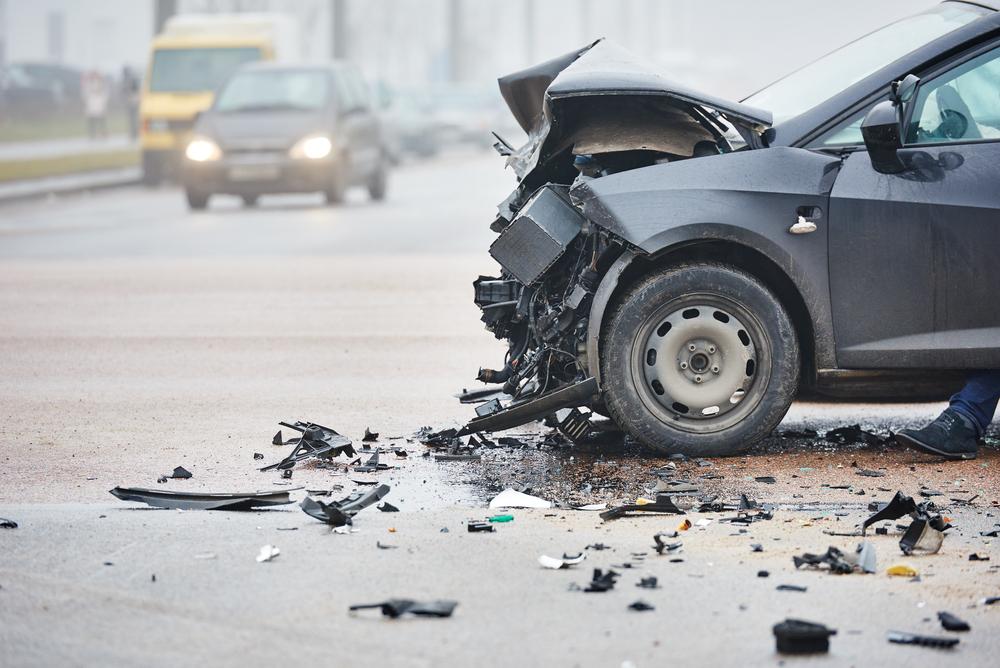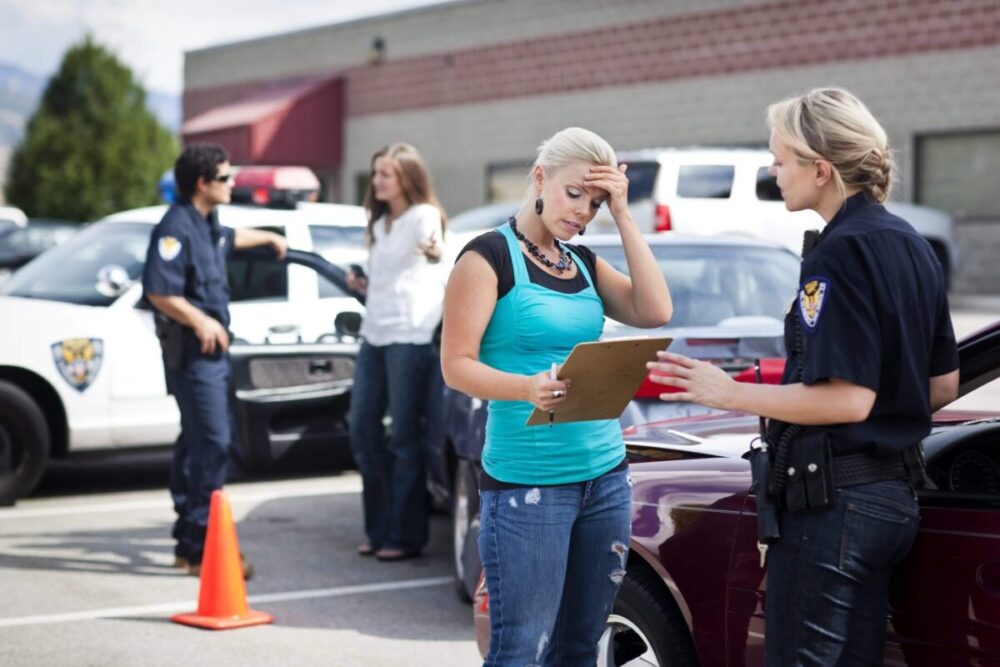
A commercial vehicle accident can be a harrowing experience, leaving victims physically and emotionally scarred. In the aftermath of such a traumatic event, it is crucial to protect your rights to ensure fair compensation for the damages you’ve suffered. Understanding the necessary steps and legal processes can be overwhelming, but it’s essential to take action promptly. This blog post will provide you with valuable insights and a comprehensive guide on how to safeguard your rights after a commercial vehicle accident, empowering you to navigate the aftermath with confidence.
Understand Your Rights: Legal Knowledge and Rights Awareness
The first step in protecting your rights after a commercial vehicle accident is to educate yourself about the relevant laws and regulations. Familiarize yourself with your rights as an accident victim, the responsibilities of commercial vehicle operators, and the potential liability of third parties. State laws and regulations may vary, so ensure you research and comprehend the specific rules in your jurisdiction. Knowledge is power, and understanding your rights will enable you to make informed decisions throughout the claims process.
Seek Immediate Medical Attention: Prioritize Health and Well-being

Following a collision involving a commercial vehicle, the safety and well-being of everyone involved should come first. No matter how severe the wounds are, get medical help right now. A comprehensive medical examination is necessary to identify any concealed problems because certain injuries may not be immediately obvious. In addition to ensuring correct care, prompt medical attention also produces vital medical records that can be quite helpful when filing claims. Your health may be in danger if you ignore medical care, and it may be harder to get compensated.
Document the Accident Scene: Gathering Crucial Evidence On-Site
Preserving evidence from the accident scene is vital for building a strong case. As soon as possible, document the scene by taking photographs and videos. Capture the vehicles’ positions, property damage, skid marks, traffic signs, and any other relevant details. Additionally, note the weather conditions and road status at the time of the accident. This evidence can serve as a visual account of what happened, helping insurance companies and legal authorities understand the accident’s circumstances.
Exchange Information: Communicate With Involved Parties for Records
Exchange contact and insurance information with all parties involved in the accident. Obtain the names, addresses, phone numbers, and insurance details of the commercial vehicle operator and any other drivers, passengers, or pedestrians involved. Cooperation at the scene can make it easier to resolve claims later on. Avoid discussing fault or accepting blame, as these determinations are best left to the authorities and insurance adjusters.
Contact Law Enforcement: Involvement of Authorities for Official Reports

Contacting law enforcement to report the accident is a critical step in protecting your rights. Police officers will create an official accident report, which can serve as a crucial piece of evidence. Cooperate fully with the responding officers, providing accurate information about the incident. Obtain the officers’ names and badge numbers, as well as a copy of the accident report when it becomes available. These reports carry substantial weight in insurance negotiations and potential legal proceedings. If you find yourself facing complex legalities or uncertainties, it might be wise to seek counsel from a commercial vehicle accident lawyer. They can help you navigate the intricacies of the legal system and ensure your rights are safeguarded throughout the process.
Gather Witness Testimonies: Eyewitness Accounts for Stronger Claims
Witness testimonies can significantly strengthen your case. If there were witnesses at the scene, obtain their contact information and ask if they are willing to provide a statement. Eyewitness accounts can corroborate your version of events, which can be especially valuable if the other party disputes liability. Witness statements can provide unbiased perspectives and help establish a clear picture of the accident’s cause and consequences.
Preserve Vehicle Damage Evidence: Photographs and Evidence Preservation
Document the damage sustained by all vehicles involved in the accident. Take detailed photographs of each vehicle from various angles, capturing both close-ups and wider shots. Preserve any physical evidence, such as debris, broken parts, or skid marks. Keeping the vehicles in their post-accident condition until they have been inspected by the insurance company or legal representatives is essential to provide an accurate representation of the mishap impact.
Notify Your Insurance Company: Promptly Inform Your Insurer About the Accident
Inform your insurance company about the accident as soon as possible, even if you believe the commercial vehicle operator was at fault. Provide an honest and detailed account of the incident. Promptly reporting the casualty ensures compliance with the terms of your policy and allows your insurer to initiate the claims process promptly. Be cautious when speaking with insurance representatives and avoid speculating on fault or accepting blame, as these statements could be used against you during settlement negotiations.
Consult With an Attorney: Seeking Legal Advice for Comprehensive Protection

Seeking legal advice from an experienced attorney can be instrumental in safeguarding your rights and maximizing your compensation. A qualified attorney will guide you through the complex legal procedures, assess the true value of your claim, and negotiate with insurance companies on your behalf. They can also identify liable parties beyond the commercial vehicle operator, such as the company employing the driver or the vehicle’s maintenance provider. An attorney’s expertise is an invaluable resource during this challenging time.
Preserve Communication Records: Document All Interactions Related to the Accident
Throughout the claims process, maintain thorough records of all communications related to the accident. Keep track of conversations with insurance companies, legal representatives, medical professionals, and any other parties involved. Save emails, letters, text messages, and any other written correspondence. These records can help ensure that nothing falls through the cracks and provide a solid foundation for your case.
Conclusion
Protecting your rights after a commercial vehicle accident is paramount to obtaining the compensation you deserve for the physical, emotional, and financial toll the incident may have taken on your life. Understanding your rights, seeking immediate medical attention, documenting the accident scene, gathering evidence, notifying the necessary parties, and consulting with a legal expert are crucial steps to ensure a smooth and successful claims process. Empowered with this knowledge, you can confidently navigate the aftermath of a commercial vehicle accident and secure the support you need to recover and move forward.








